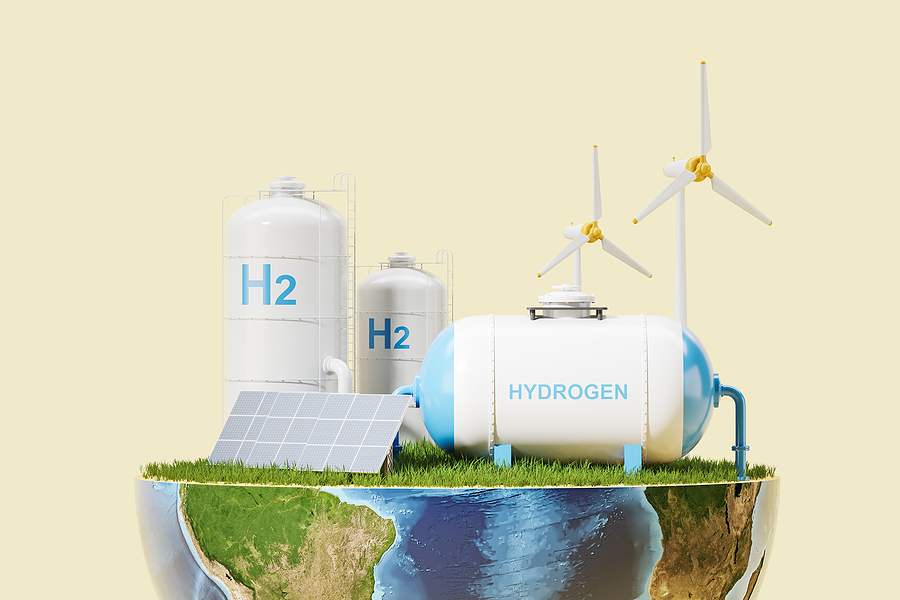Billionaire Andrew “Twiggy” Forrest has warned Australia has a year to aggressively incentivise the renewable hydrogen industry, as the United States and Europe have, or risk losing its natural competitive advantage.
The global battle for talent, technology and investment has shifted rapidly towards the United States since it passed a US$500 billion stimulus package in August focused on renewable energy, he said.
Subsequent action from Europe and others has left Australia at risk of missing the bus.
“We’ve got about a year max,” the iron ore magnate told a breakfast meeting of business leaders in Sydney on Wednesday.
“The hardcore reality is on us.
“The rest of the world is moving and we are in danger of wasting our natural competitive advantage, because others will replace those markets.”
His green-energy firm Fortescue Future Industries had begun shifting Australian leadership and engineering skills to North America, he said.
“And this a company whose beating heart is deeply patriotic to our country, who will not take a step away from our fair shores unless we have no choice,” he said.
Clean Energy Council chief executive Kane Thorton agreed 12 months was “the longest we can wait”.
He pointed to the recent case of a leading Australian renewable energy developer that lost a newly-employed grid engineer to a US firm that offered twice the renumeration.
“This is already having an effect right now on clean energy development, investments, workforces and particularly, the supply of technology into Australia,” he said.
The views are backed by a recent report by consultants Deloitte Access Economics, which estimated Australia would export 65 per cent less hydrogen per annum by 2050 without a response to the US tax breaks.
Advocates of the alternative fuel say hydrogen could be a catalyst for producing green steel, green aluminium and zero-carbon fertilisers.
But the technology isn’t expected to be commercially viable until the early 2030s, and even that forecast depends on the passage of fiercely contested Albanese government laws to tighten industrial emissions.
The next decade is likely to become a race to secure long-term contracts for the supply of renewable hydrogen, which lock in finance for development.
Europe and the Gulf states had each thrown about $300 billion in recent months at renewable energy policies, including green hydrogen, the head of Deloitte Access Economics, Pradeep Philip, said.
“We live in a time of great turbulence, of system change where great technological revolutions are taking place and climate change is transformative,” he said.
“Fast-moving technology, mobile capital and talent flows all conspire to reward early movers.”
The Deloitte analysis suggests $2 per kilogram in hydrogen production credit for locals to compete with the US.
This would require taxpayer investment of $15.5 billion over a decade and would put Australia on track for a near $50 billion export industry.
Luke Costin
(Australian Associated Press)






